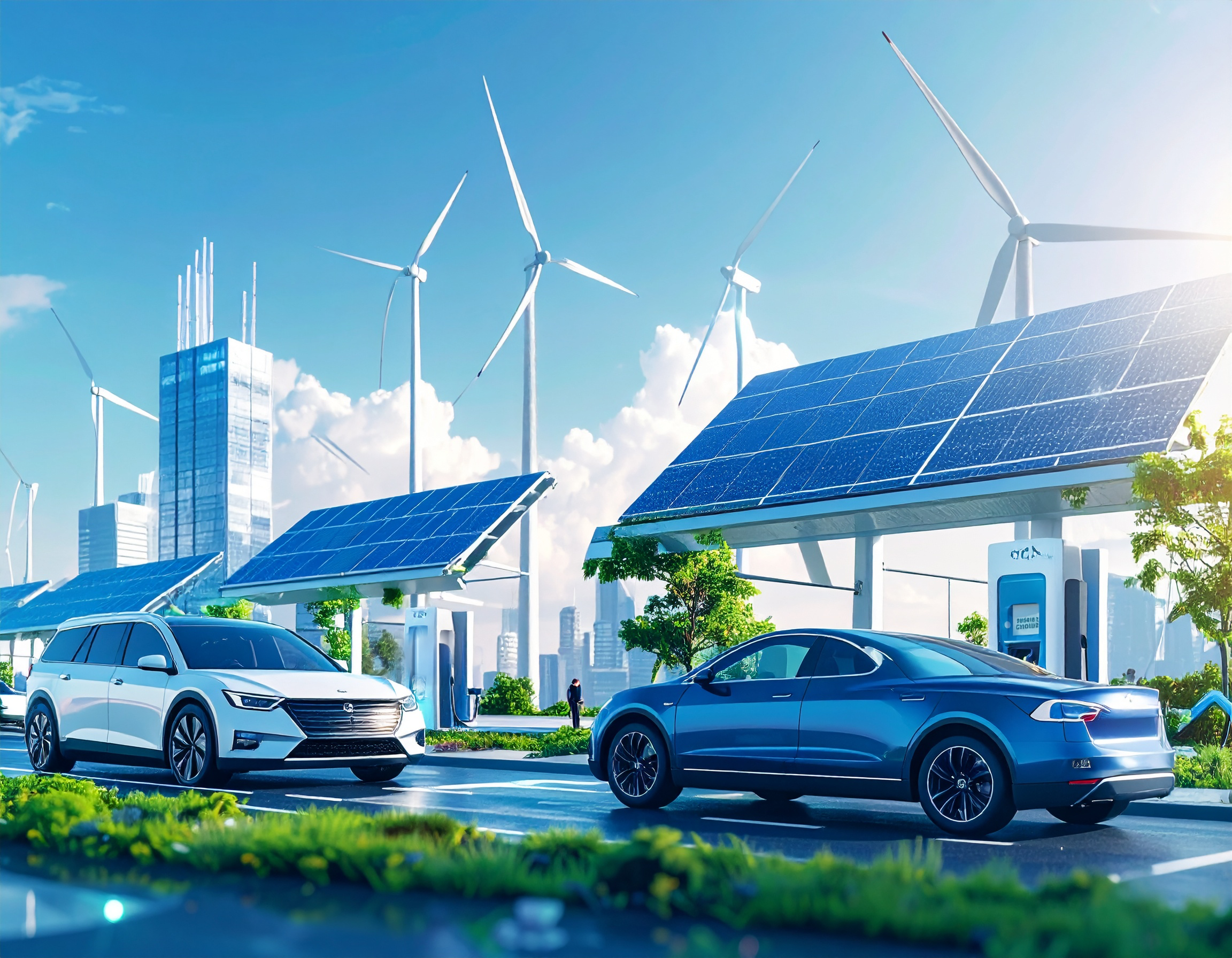Global Hydrogen Car Sales Plunge 27% in First Half of 2025 Amid Market Challenges

The global fuel cell electric vehicle (FCEV) market experienced a sharp contraction in the first half of 2025, with sales falling 27% to 4,102 units, down from 5,635 in the same period last year, according to the latest data from SNE Research. This marks a significant departure from the long-term growth trend that saw FCEV sales expand at a compound annual growth rate of 14.4% between 2018 and 2024, peaking at 20,704 units in 2022.
Hyundai Maintains Lead Despite Decline
Hyundai Motor Group remains the world’s largest FCEV manufacturer, selling 1,252 vehicles – primarily NEXO SUVs – in the first six months of 2025. However, this represents a 31.9% year-on-year decline, despite the launch of the second-generation NEXO in April. While the updated model has attracted attention within the hydrogen vehicle community, its limited rollout across global markets means it has not yet impacted overall sales figures significantly.
Toyota recorded the steepest drop among major automakers, with combined sales of the Mirai and Crown FCEV models plummeting 46.1% to 698 units. In the United States, the decline has been exacerbated by persistent issues with California’s hydrogen refuelling infrastructure, including station closures, equipment faults, and outages. A class-action lawsuit in California alleging insufficient fuelling access has further dampened consumer confidence in Toyota’s hydrogen vehicles.
Honda entered the passenger FCEV market with its new CR-V e:FCEV – the first plug-in hydrogen SUV – sold exclusively in California. Featuring a 17.7 kWh battery and a 4.3 kg hydrogen tank, the vehicle delivers an EPA-rated range of 435 km, with optional grid recharging. Honda contributed 112 units to global FCEV sales in the first half of 2025.
China Leads Global Hydrogen Vehicle Market
China has emerged as the dominant force in the hydrogen vehicle market, accounting for 49.7% of global FCEV sales in H1 2025. Chinese manufacturers sold 2,040 heavy-duty hydrogen trucks and buses – a smaller decline of 18.4% – reflecting their strategic focus on freight and municipal fleets rather than passenger vehicles. Korea followed with 29.7% of global sales, down slightly from last year due to falling NEXO volumes. Europe’s market totalled 485 units, a 19.8% decline, while Japan halved its volumes to 216 units. The US market fell 59% to just 132 units, largely due to refuelling network challenges in California.
Diverging Strategies and Market Outlook
The current downturn highlights the varied approaches automakers are taking in the hydrogen vehicle sector. BMW continues limited trials of its iX5 Hydrogen prototype as a premium SUV technology demonstrator, while Hyundai balances passenger and commercial vehicle strategies. Japanese brands prioritise technology exports and infrastructure partnerships, whereas Stellantis has exited the hydrogen vehicle market entirely.
SNE Research notes that future growth in the global hydrogen vehicle market will depend heavily on the pace and reliability of hydrogen refuelling infrastructure, alongside long-term government policy commitments. While early-stage vehicle rollouts and infrastructure challenges have contributed to the sales decline, experts suggest that sustained investment and strategic deployment of hydrogen stations could stabilise and eventually reinvigorate the FCEV sector.

